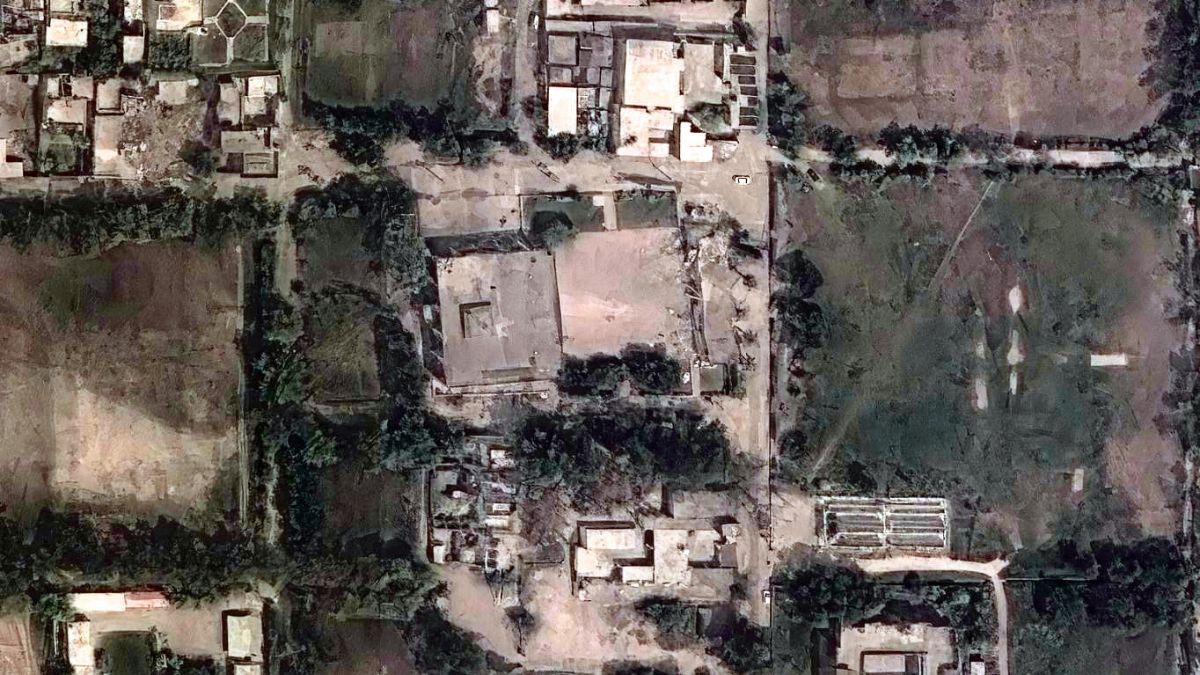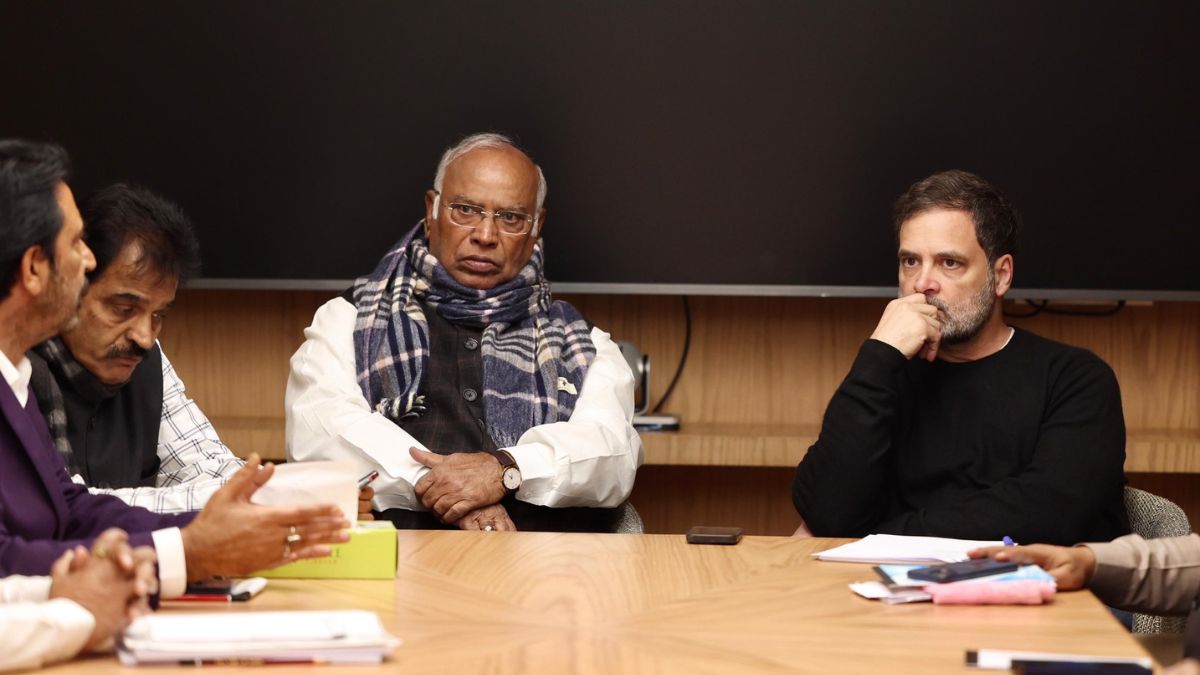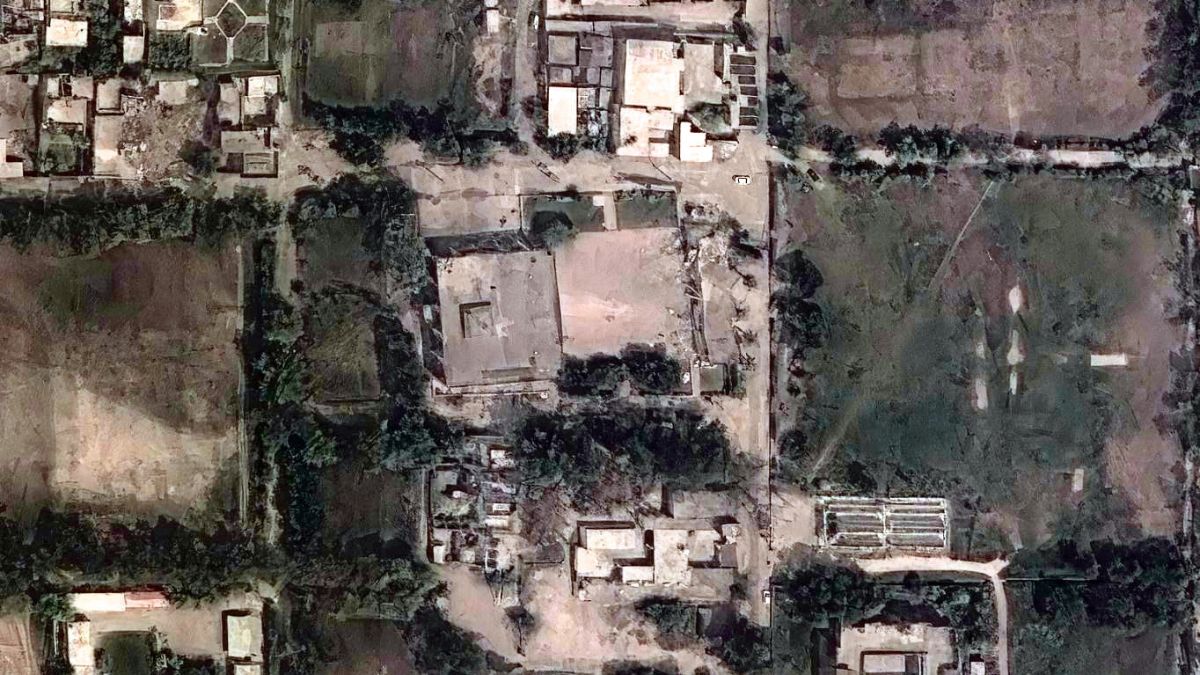Bangladesh’s interim government is working on an ordinance that will make access to the internet a civil right first time in the history of the country. The Muhammad Yunus-led government is set to finalise a law that will abolish nine controversial provisions of the Cyber Security Act of 2023.
One of the provisions removed during the drafting of the new ordinance was the punishment for conducting any “hateful, misleading, or defamatory propaganda” against the liberation war, its spirit, Mujibur Rahman, the national anthem, or the national flag. Law adviser Asif Nazrul noted that this provision had frequently been misused in the past to “harass” individuals.
Earlier this week, the interim government held a meeting where the council of advisers approved the drafting of the new ordinance titled ‘Cyber Surokkha Adhyadesh-2025’. This development is in line with the Yunus government’s promise to repeal the Cyber Security Act of 2023.
Nazrul stated that the nine provisions that were abolished had been responsible for 95 per cent of all cases previously filed under the 2023 Act. “When we first took office, we pledged to repeal the previous cybersecurity act and replace it with amodern law,” he said.
Once the new ordinance comes into effect, all the previous cases registered under the previous act will stand cancelled.
For the first time, Bangladesh will formally recognise internet access as a civil right. The new ordinance also establishes clear definitions and criminal penalties for online sexual harassment and the exploitation of women and children. While it continues to address targeted abuse and hate speech, it eliminates provisions that previously punished the expression of general opinions or speech.


)
)
)
)
)
)
)
)
)